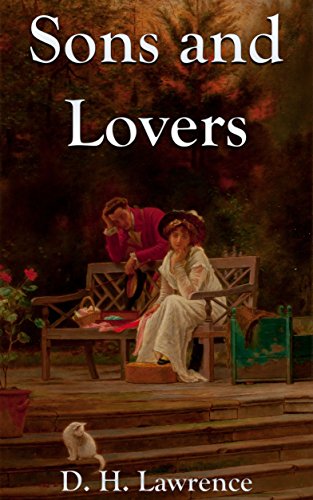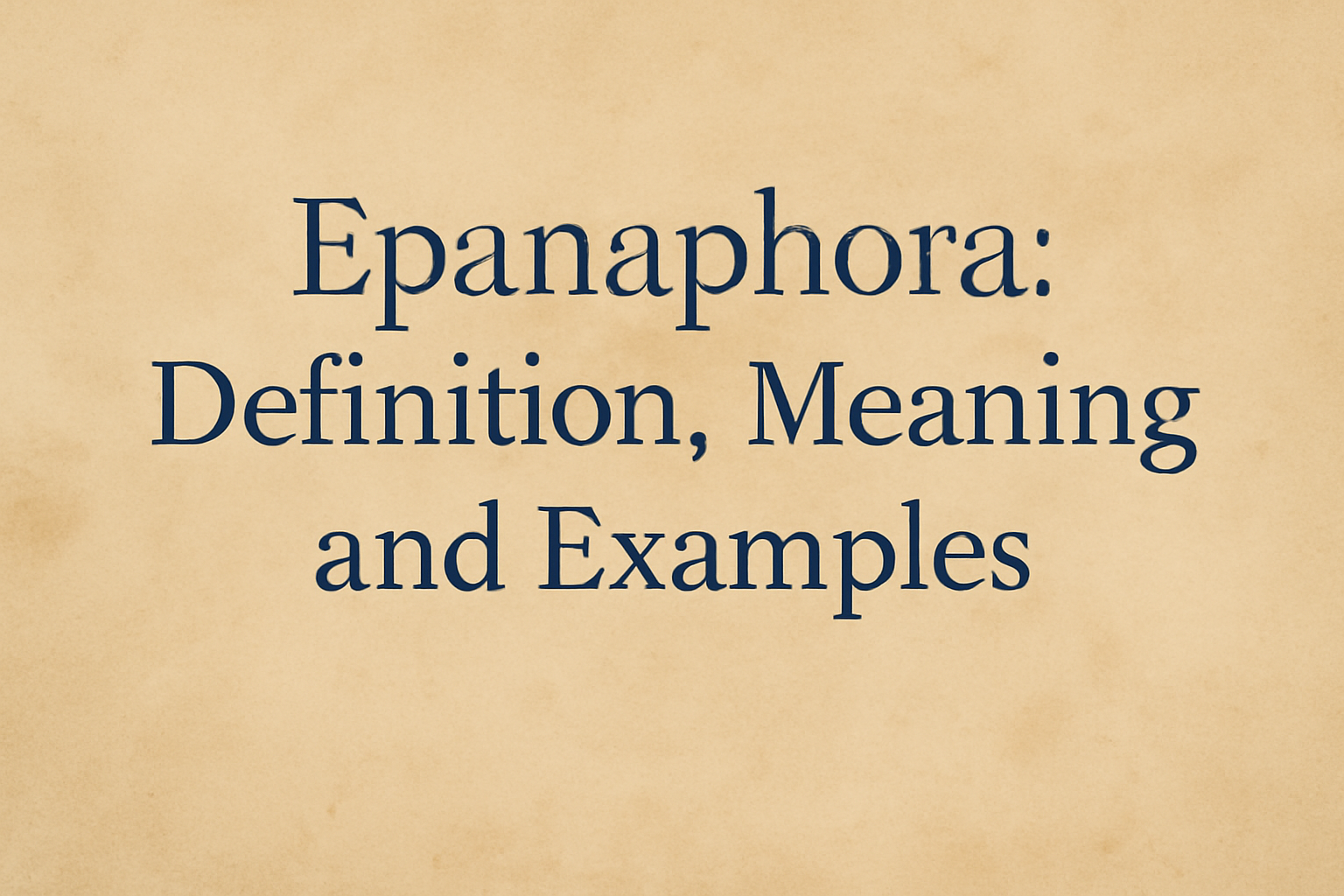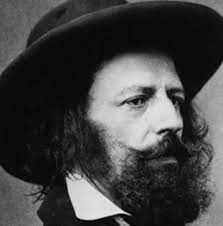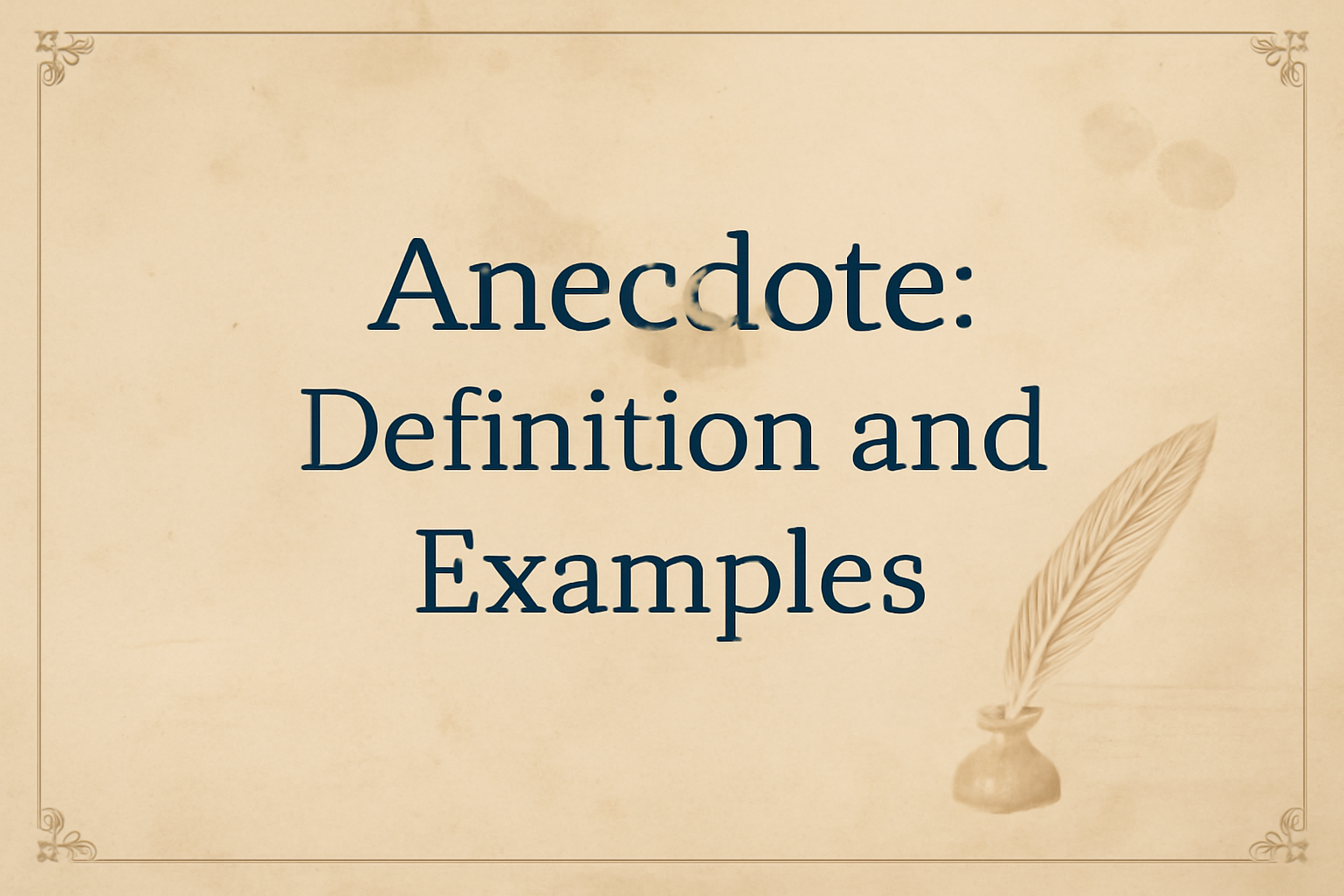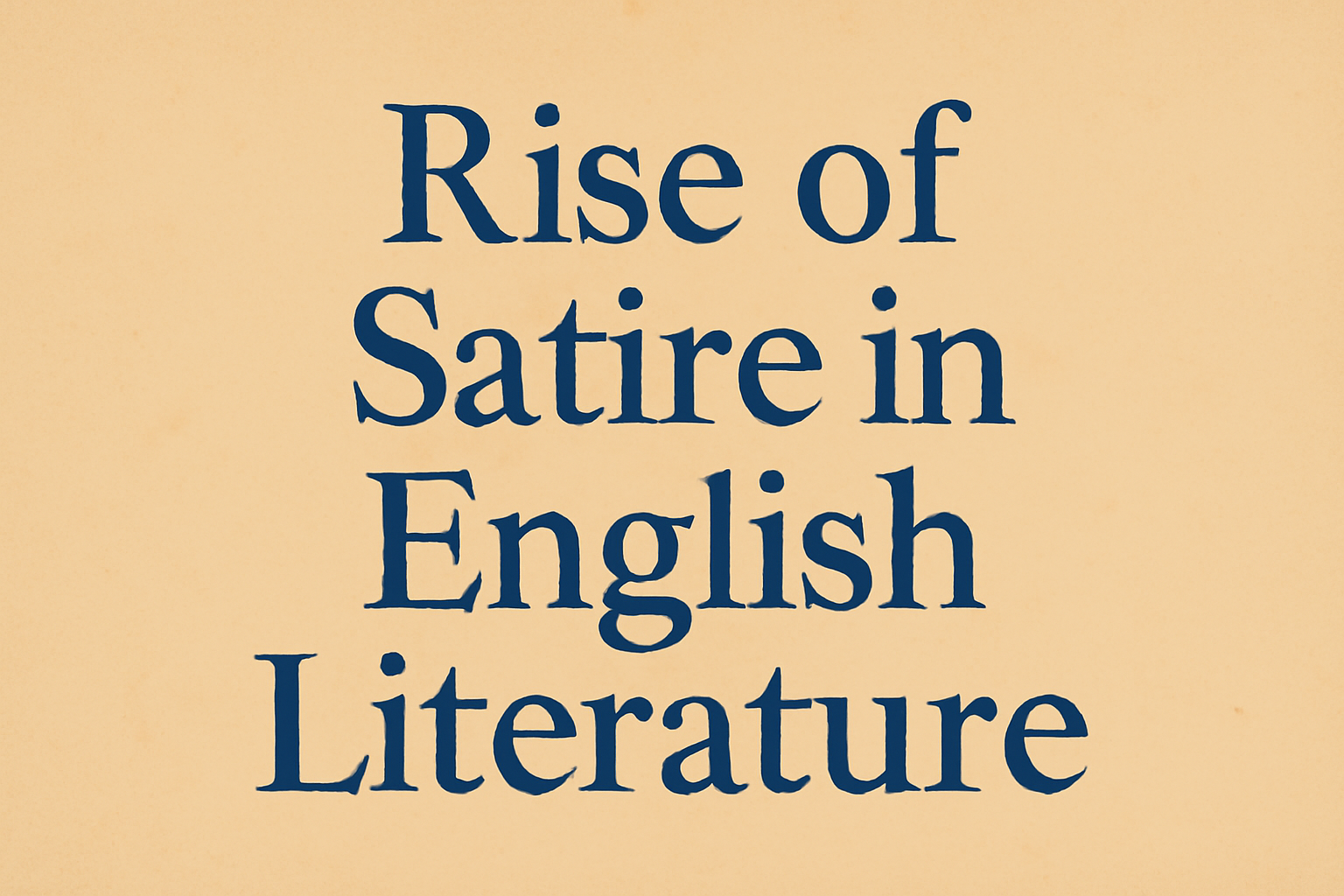“Sons and Lovers” is “A Portrait of the Artist as a Youngman” by D.H.Lawrence. In it, he transmutes autobiography into objective fiction and organizes his accounts of a potential artist from infancy to maturity by racing the growth of his dual self-both artistic and human. Middleton Murray has emphasised that, owing to what is called…
